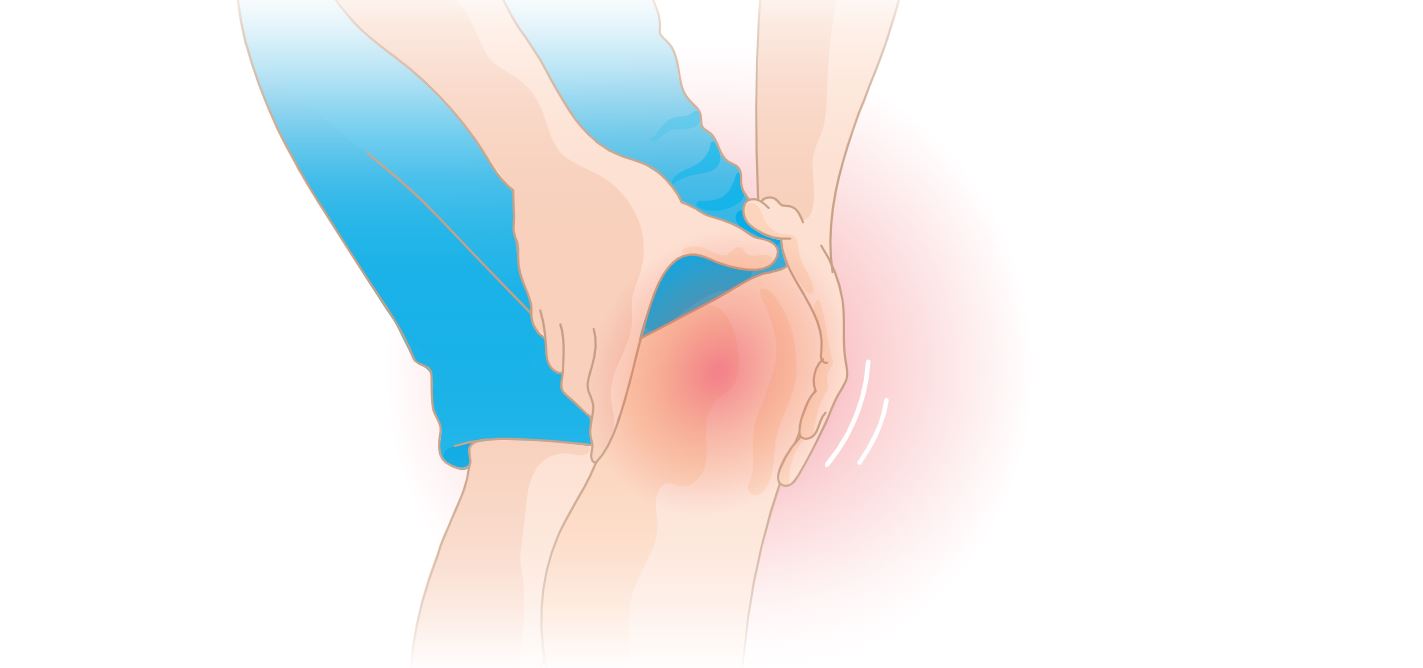As an acupuncturist, point specificity is a fundamental principle that guides my treatment approach. You might be wondering what is meant by point specificity and why it is essential for effective acupuncture treatment. In this post, I will delve into the specifics of point specificity and explain its importance in achieving the desired treatment outcomes.
What is the Concept?
Point specificity is the concept of accurately selecting the acupuncture points that are most relevant for a particular patient’s health concern. It involves the selection of specific points based on a patient’s history, symptoms, and body constitution. The aim is to stimulate acupuncture points that have been shown to be effective in treating specific conditions.
Why is it important?
The effectiveness of acupuncture treatment largely depends on the acupuncturist’s ability to identify the most suitable acupuncture points for each patient. This is important because acupuncture treatment aims to restore balance to the body’s energy pathways, and the most effective points are those that are specifically chosen for a particular condition.
Point specificity is also essential for minimizing the side effects of acupuncture treatment. By selecting the right acupuncture points, an experienced acupuncturist can achieve the desired therapeutic effect with minimal intrusion on the body and with fewer or no side effects.
Another critical aspect of point specificity is a better understanding of a patient’s individual health condition. With in-depth knowledge of the energy pathways in the body, the acupuncturist can better understand the root cause of the patient’s condition. This helps with the selection of suitable acupuncture points that will not only relieve the patient’s symptoms but also address the underlying issue or condition.
Studies have shown that point specificity is essential for enhancing the effectiveness of acupuncture treatment. A meta-analysis of randomized, controlled acupuncture trials, conducted by the World Health Organization, demonstrated that individualized acupuncture treatment was more effective than non-specific acupuncture points. This emphasizes the importance of point specificity in improving the outcomes of acupuncture treatment.
Conclusion
In conclusion, point specificity is an important concept underlying the effectiveness of acupuncture treatment. By selecting the right acupuncture points based on a patient’s specific symptoms, history, and body constitution, an acupuncturist can achieve better treatment outcomes with minimal or no side effects. If you’re seeking acupuncture treatment, it’s critical to find an experienced and highly qualified acupuncturist who practices point specificity. This will maximize the potential benefits of treatment.





